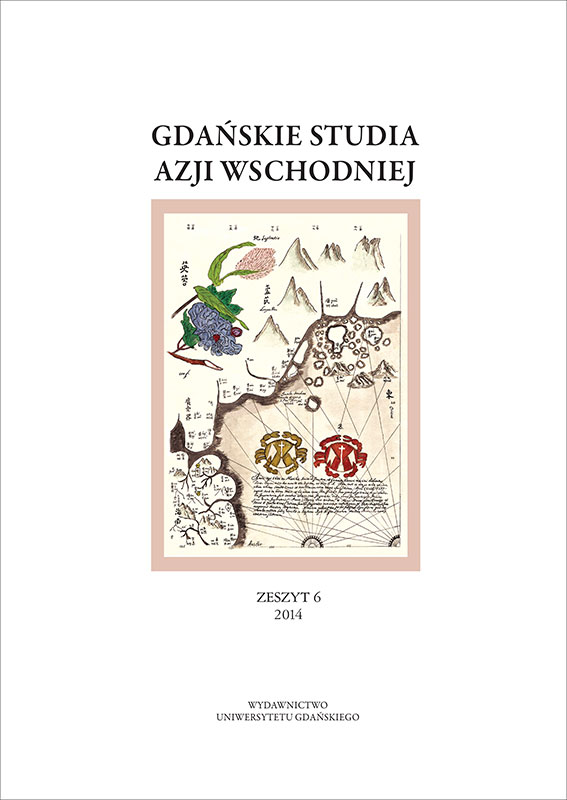Stowarzyszenie Narodów Azji Południowo-Wschodniej (ASEAN) i jego znaczenie w aspekcie rywalizacji wielkich mocarstw o dominację w regionie
Association of South-East Asian Nations and Its Importance in the Context of Great Powers Rivalry for Dominance in the Region
Author(s): Stanisław Zarychta, Teresa UsewiczSubject(s): Politics / Political Sciences, Politics, International relations/trade
Published by: Wydawnictwo Uniwersytetu Jagiellońskiego
Keywords: Association of South-East Asian Nations; international relations
Summary/Abstract: Integration process of the South-East Asia begun after the World War II. In the 60s, the countries of the region formed the Association of South-East Asian Nations (ASEAN), which goal was to establish a broad economic, social and cultural cooperation, ensuring the political and economic stability, and providing the possibility of resolving regional disputes in the broader forum. At present, the South-East Asia is one of the fastest economically developing areas in the world. The importance of this region for global economy and international trade is increasing, as is the interest of world powers in this region. However, the most important problems of the ASEAN members are political and military expansion of China and their territorial claims in the South China Sea. Half of ASEAN members (including the three most populous) and China are engaged in this territorial dispute, primarily because the area is potentially rich in oil and natural gas deposits. Currently the members of the ASEAN are more split up and subdivided. The political disputes are of particular importance in the context of US armed forces shift (the point of gravity) from Europe to Asia and Pacifi c region. The goal of the US presence in the Asia and Pacifi c region is not only the reaction to enlarged activity and expansion of China’s Armed Forces, but also the projection of force and reaction to non-military threats like natural or communication disasters. Therefore, increased USA activity in the Asia and Pacifi c region has not only the military but also, and probably mainly, economical and political character.
Journal: Gdańskie Studia Azji Wschodniej
- Issue Year: 2014
- Issue No: 06
- Page Range: 7-17
- Page Count: 11
- Language: Polish

